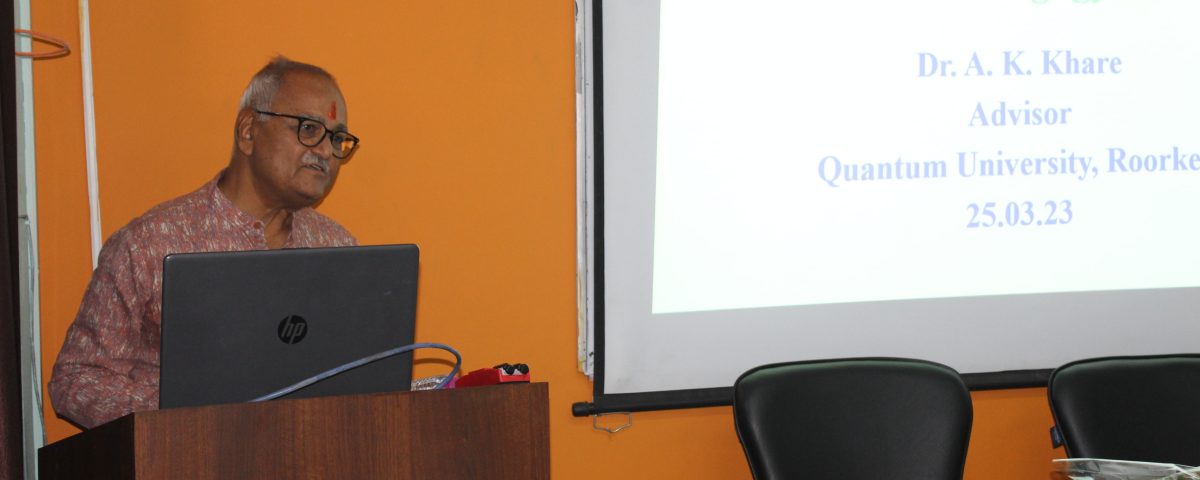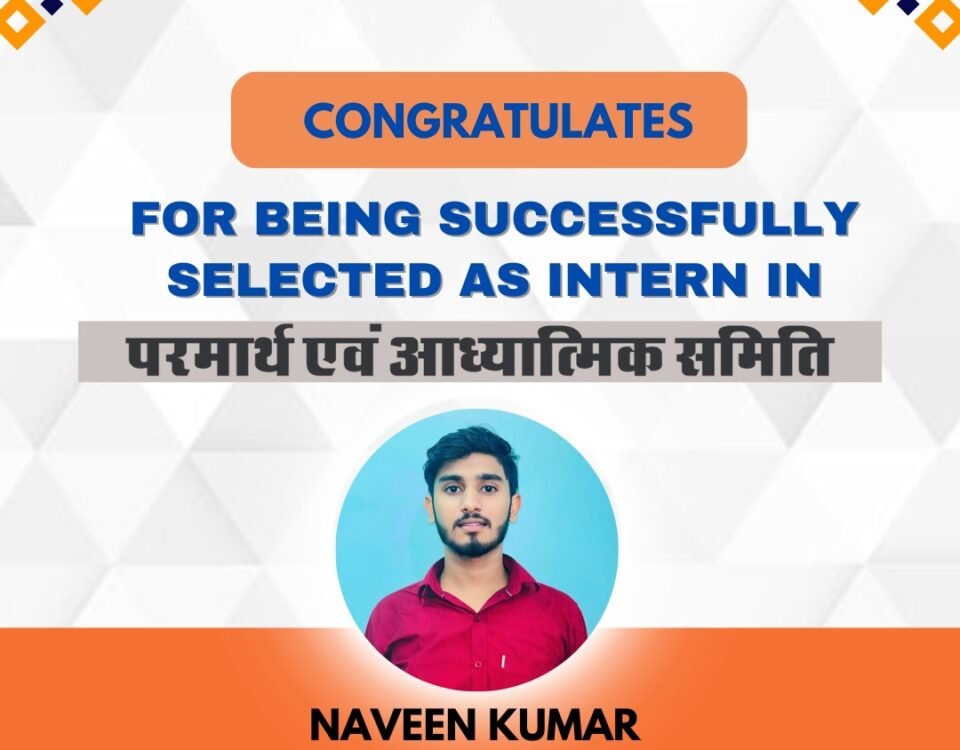- How may I help you?
- 8233970000
- 9829016449
- info@ipsedu.in
Prof. (Dr.) A K Khare facilitates a NEP 2020 Awareness Seminar for Faculty Members of IPS BUSINESS SCHOOL, Jaipur…
Prof. (Dr.) A.K. KHARE an M.Tech and Ph.D. in Mechanical Engineering from IIT Kanpur is an accomplished Academician with more than 56 years of experience and is a torch-bearer in making schools, colleges, and universities attune their process in accordance with the New Education Policy (NEP) 2020. Having trained over 2000 professors in Noida, Delhi, and NCR, Prof. Khare who has served as Pro- Vice-Chancellor, at UP Technical University, and Former Director of IET Lucknow, is presently acting in the position of Advisor for Quantum University, Roorkee, and Chief Advisor to the Chancellor of Suresh Gyan Vihar University, Jaipur.
Addressing the Faculty Members of IPS BUSINESS SCHOOL, Jaipur, Prof. Khare stressed the need for a paradigm shift in the current process of teaching pedagogy if we need to align with the vision of NEP 2020. He said that the New Education Policy 2020 is on the lines of universalizing education from preschool to the secondary level. It replaces a 34-year-old policy to become a more inclusive, holistic, comprehensive, and far-sighted policy to make India a knowledge hub by the end of this decade.
Under the new policy, the government aims to bridge social gaps in participation, access, and learning outcomes in school education with a target of 100 percent Gross Enrolment Ratio (GEER) or zero school dropouts by 2030.
The Impact of NEP 2020 on Indian Education diaspora was divided into the following spheres in his enlightening speech.
1. Single regulatory body for higher education:
The NEP aims to establish the Higher Education Commission of India, which will act as the single regulatory body except for legal and medical education.
2. Multiple entry and exit programmes:
The students will have multiple entry and exit options, and their credits will be transferred through the Academic Bank of Credits.
3. Tech-based option for adult learning through apps and TV channels:
There will be the development of high-quality technology-based solutions for adult learning, including apps, online courses and modules, satellite TV channels, online books, ICT-equipped libraries, and adult education centres, among others.
4. E-courses to be available in regional languages:
The e-courses will be available in regional languages, starting with eight major languages.
5. Foreign universities to set up campuses in India:
The world’s top 100 foreign universities will be facilitated to operate in India through a new law.
6. Common entrance exam for all colleges:
The common entrance exam for all higher education institutes is to be held by the National Testing Agency (NTA). The exam will be optional.
7. Higher Education Council of India (HECI) will be set up to regulate higher education
The HECI will have four verticals:
a) National Higher Education Regulatory Council (NHERC)
b) National Accreditation Council (NAC)
c) Higher Education Grants Council (HEGC)
d) General Education Council (GEC)
Concluding his speech, Prof. Khare pointed that The National Education Policy (2020) will undoubtedly transform India’s education landscape. It also considers the country’s need for solid solutions to support economic development and progress. The NEP-2020 strongly emphasizes teaching students crucial 21st-century skills like problem-solving, creative and critical thinking, digital literacy, experiential learning and global competency to aid them in becoming the key-decision makers of tomorrow.














